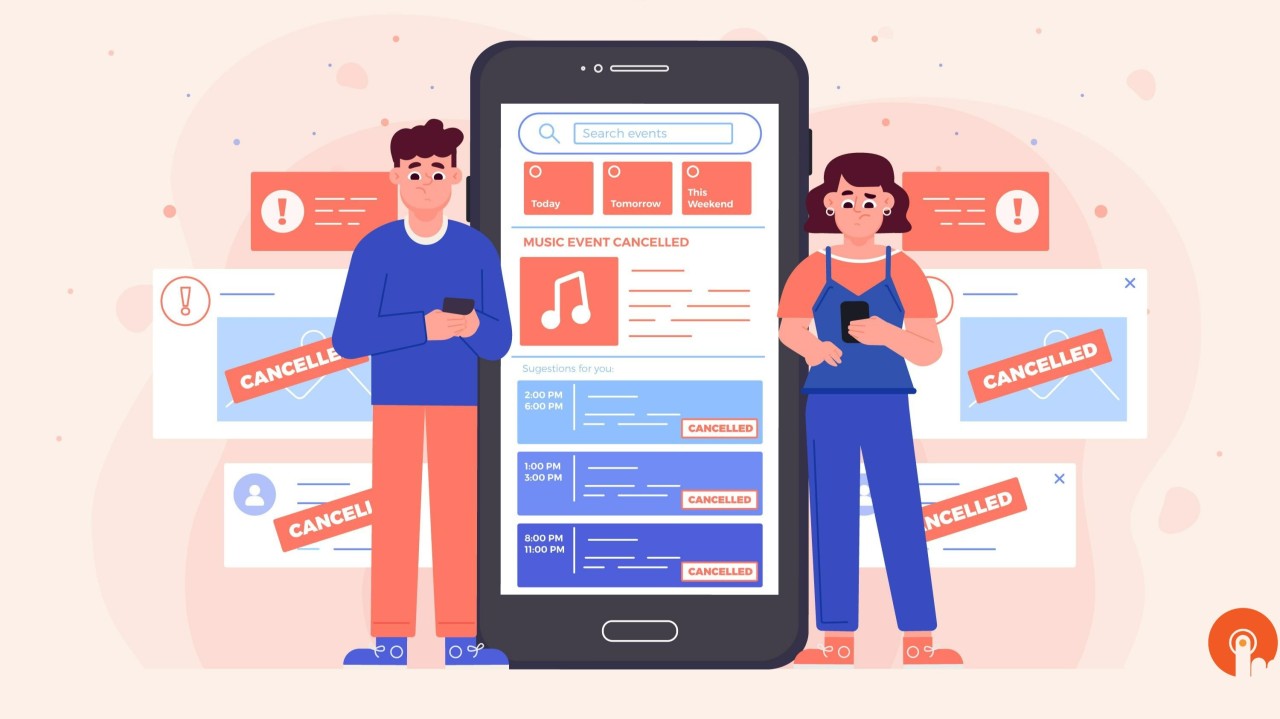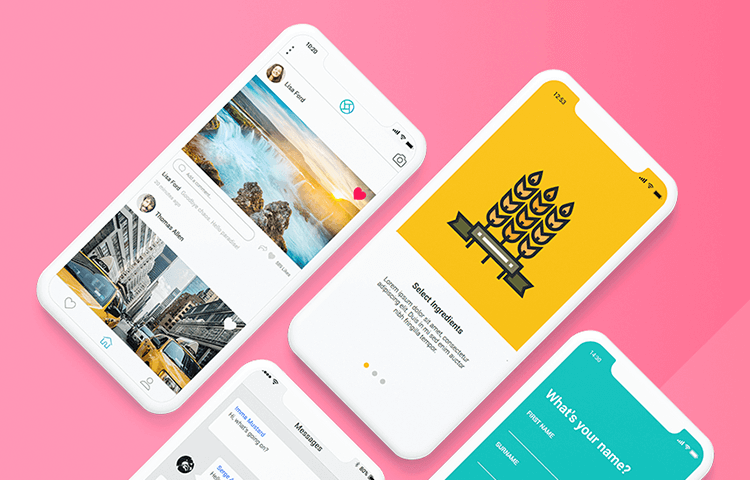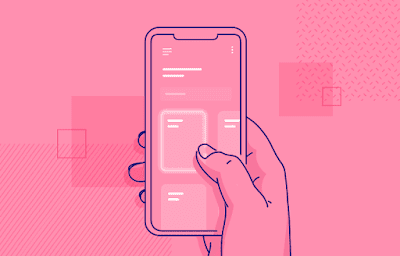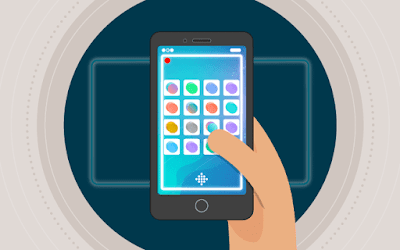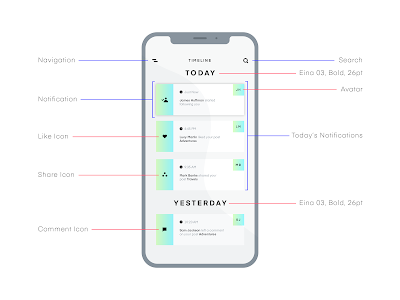Mobile app development is an exciting process, but it comes with a variety of legal challenges that developers and businesses must navigate carefully. Failing to address these legal pitfalls can result in lawsuits, fines, or even app removal from major marketplaces like the App Store and Google Play. Here are the key legal issues to watch out for when developing a mobile app:
1. Intellectual Property (IP) Infringement
One of the biggest legal risks in mobile app development is intellectual property (IP) infringement. Developers must ensure that they do not use copyrighted materials, trademarks, or patented technologies without proper authorization.
- Copyright: Avoid using images, music, or code snippets from the internet without proper licensing or permissions.
- Trademarks: Ensure your app name, logo, and branding elements do not infringe on existing trademarks. Conduct a trademark search before finalizing your app’s branding.
- Patents: If your app includes a unique functionality, consider patenting it to protect against competitors copying your idea.
2. Data Privacy and Security Compliance
With increasing concerns over data privacy, compliance with regulations such as GDPR (General Data Protection Regulation) and CCPA (California Consumer Privacy Act) is crucial.
- User Consent: Obtain explicit consent before collecting personal data.
- Data Protection: Implement strong security measures to protect user data from breaches.
- Privacy Policy: Your app must have a clear and comprehensive privacy policy outlining what data is collected, how it is used, and who it is shared with.
3. Terms of Service and End-User License Agreement (EULA)
A well-drafted Terms of Service (ToS) and End-User License Agreement (EULA) can protect your business from legal disputes. These agreements should clearly define:
- User rights and responsibilities
- Restrictions on usage
- Liability limitations
- Dispute resolution mechanisms
4. Third-Party Content and APIs
Many apps integrate third-party content, libraries, and APIs. However, using these without proper authorization can lead to legal trouble.
- Ensure Licensing: Check the licensing terms of any third-party software, SDKs, or APIs you use.
- Compliance with API Terms: Some services like Google Maps, Stripe, or social media APIs have strict usage guidelines that must be followed.
5. In-App Purchases and Payment Regulations
If your app includes in-app purchases or subscriptions, you need to comply with the payment processing guidelines set by Apple, Google, and financial regulators.
- App Store Policies: Apple and Google take a commission on in-app purchases and have specific rules regarding payment processing.
- PCI Compliance: If you handle payments directly, ensure compliance with the Payment Card Industry Data Security Standard (PCI DSS).
6. Accessibility Compliance
Ignoring accessibility requirements can lead to lawsuits and limit your app’s audience.
- ADA Compliance: In the U.S., the Americans with Disabilities Act (ADA) may apply to mobile apps, requiring accessibility features.
- WCAG Standards: Follow Web Content Accessibility Guidelines (WCAG) to make your app usable for people with disabilities.
7. Age Restrictions and Child Protection Laws
If your app is targeted at children, compliance with child protection laws is a must.
- COPPA (Children’s Online Privacy Protection Act): In the U.S., apps collecting data from users under 13 must comply with COPPA.
- Parental Controls: If your app has child-specific content, parental consent mechanisms may be required.
8. App Store and Platform Compliance
Every app marketplace has its own policies that must be adhered to.
- Google Play and Apple App Store Guidelines: Ensure your app complies with their content, security, and monetization policies to avoid rejection.
- Regular Updates: Stay up to date with policy changes that could affect your app’s compliance status.
Conclusion
Ignoring legal considerations during mobile app development can lead to costly mistakes and even app failure. By proactively addressing intellectual property concerns, data privacy laws, payment regulations, and accessibility requirements, you can protect your business while delivering a seamless experience for users. Consult legal experts to ensure full compliance and safeguard your app’s success.
Would you like help in reviewing your app for legal compliance? Let us know how we can assist you!


